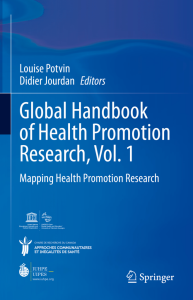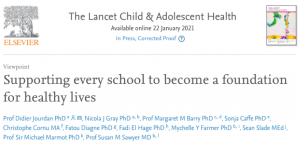The 17th EPH Conference will be held in Lisbon, Portugal, from 12 – 15 November 2024. Theme of the EPH conference 2024 is: Sailing the waves of European public health: exploring a sea of innovation. The main conference is from 13 – 15 November. Pre-conferences will be held on 11 and 12 November.
This year’s conference theme, Sailing the waves of European public health: exploring a sea of innovation, encapsulates our collective mission. Just as explorers once set sail to discover new worlds, we, as public health professionals, embark on a journey of innovation and discovery in our field. We seek to push the boundaries, discover new approaches, and chart the course for the future of public health in Europe.
Subthemes of the EPH Conference 2024
- Artificial Intelligence in Public Health
- One Health – Animal Approach
- Social Marketing in Public Health
- Health Inequalities
- Global Health
Abstract submission is open
Abstract submission for the 17th EPH Conference 2024 is open from 1 February until 1 May 2024, 18:00 CET. Abstracts are invited for workshops, oral presentations, pitch presentations and ePosters. All sessions will be 60 minutes. Do not miss the opportunity to be recognized for your hard work. Learn from each other and share your knowledge with others. More information here
Abstract Tutoring Programme
EPH Conference offers an Abstract Tutoring Programme providing an opportunity for young and/or less experienced abstract submitters to receive feedback from experienced reviewers. The programme is targeted at researchers who have limited access to colleagues to ask for guidance and comments on their proposed abstracts. More information here.
Registration
Registration for the 17th EPH Conference opens 1 April 2024. Registration fees will be announced on our website.









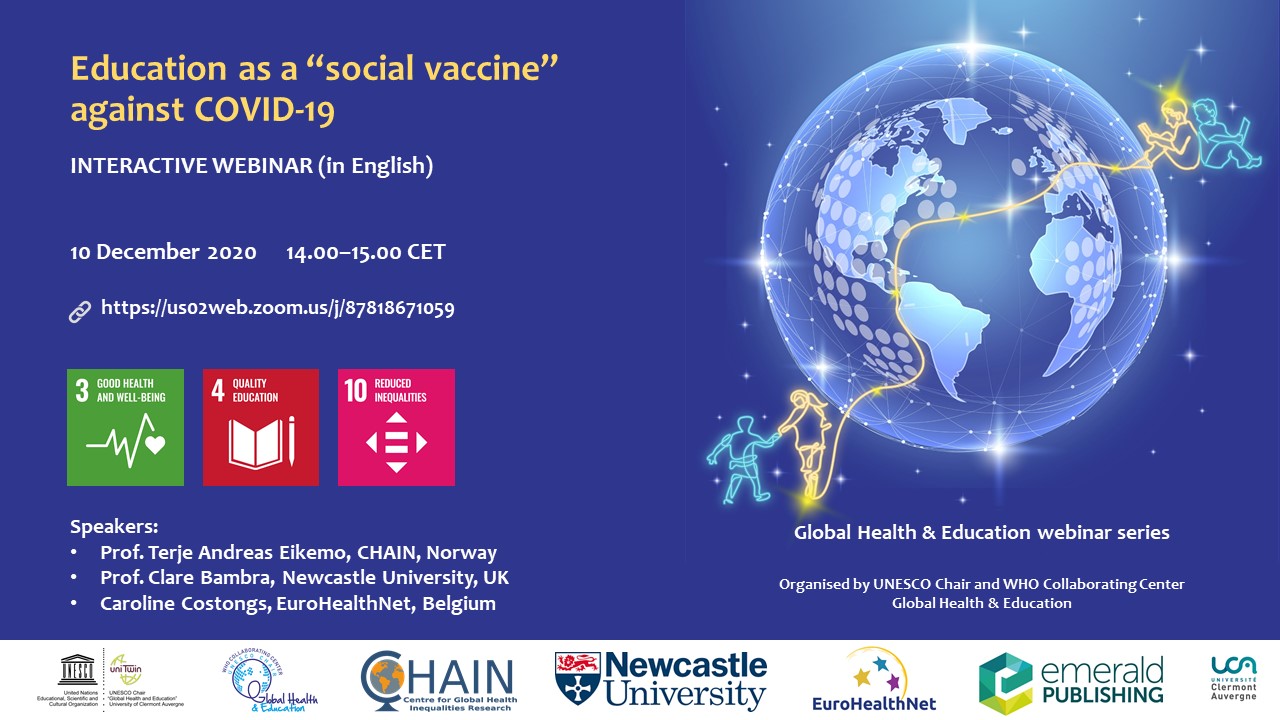
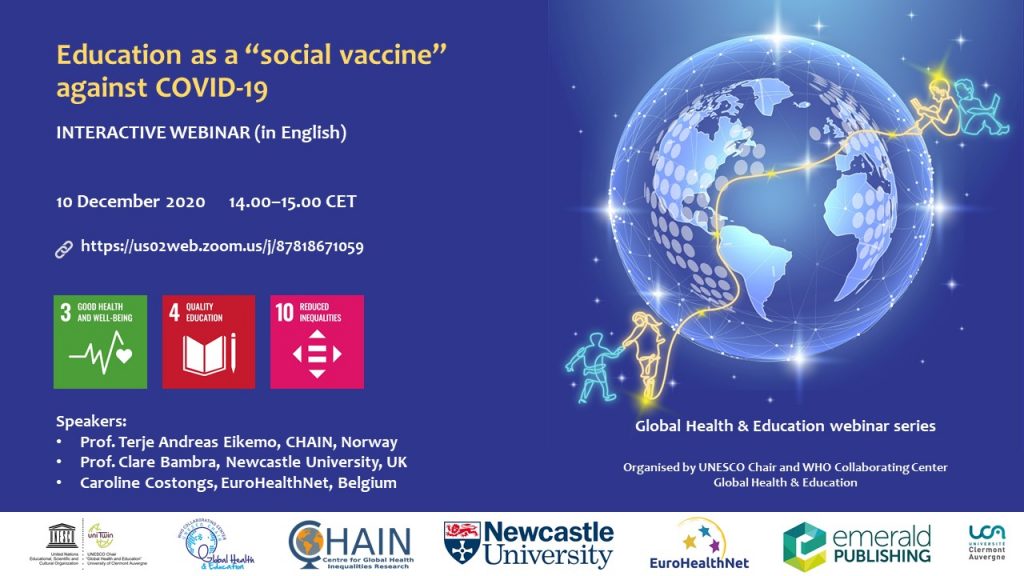
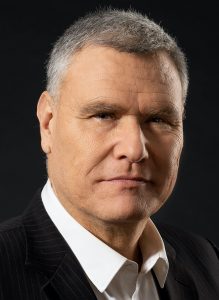 About Didier Jourdan
About Didier Jourdan